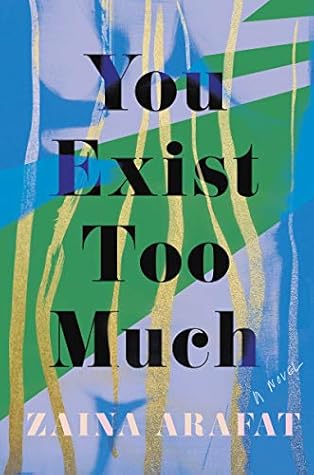More on this book
Community
Kindle Notes & Highlights
My mother and I grow close again, we fall into old patterns, we choose to momentarily forget the tensions between us. What does any of it matter in the face of nonexistence? Both Karim and I have come from New York to be with her, and it feels good to reestablish intimacy. It feels good to be a family.
“I am a conservative, religious woman,” she says. She has never shown signs of being one. I’ve just told her the truth about Anouk. Until now, I’ve called her Adam.
My mother and I dip our spoons into the bowl at the same time, shattering opposite ends of the crisp burnt surface and arriving at the soft custard underneath. Our silverware clinks. We look at each other, and I smile. She smiles back. The next morning I find her asleep on the couch. I slept in her bed, which we normally share when I visit. I wake up disappointed that her side is empty.
She asks if I plan to have any. “I’d like to,” I say. “But I’m nervous.” “Parenting is like piano lessons,” she tells me. “It’s not always something you know you want, but no one ever regrets it.”
I sent her another essay a month later, about unattainable love as a quest for the familiar, a quest for home, for a homeland that may not exist. A quest for a mother.
“From you, I expect more out of a story about love,” she’d written in response. “Tell us about something that left you shattered.”
While watching the scene, I feel a tremendous sadness at her beauty. I feel despair for her misspent youth. In the video I am seven years old, Karim is five, and she is twenty-eight.
Until now, it’s never occurred to me that my mother was—my mother is—a child, forever stunted by her own traumas. I reconsider everything that was inflicted upon her. That she grew up under military occupation, that she was married by twenty and pregnant the following year, that her husband’s ambitions undermined her own and further displaced her, casting her into exile with a fragmented sense of home. All of her present power—her fearful rage, her enviable status, her unrelenting beauty—fades against this reality.
Our mutual sacrifice creates wounds that may never heal.
To my brother, Zaid, who called me every day over the last year, the hardest year of this marathon, just to check on me. To my father, Fawaz, a.k.a. Winnie. And of course, always, to my mother, Randa Masri.


